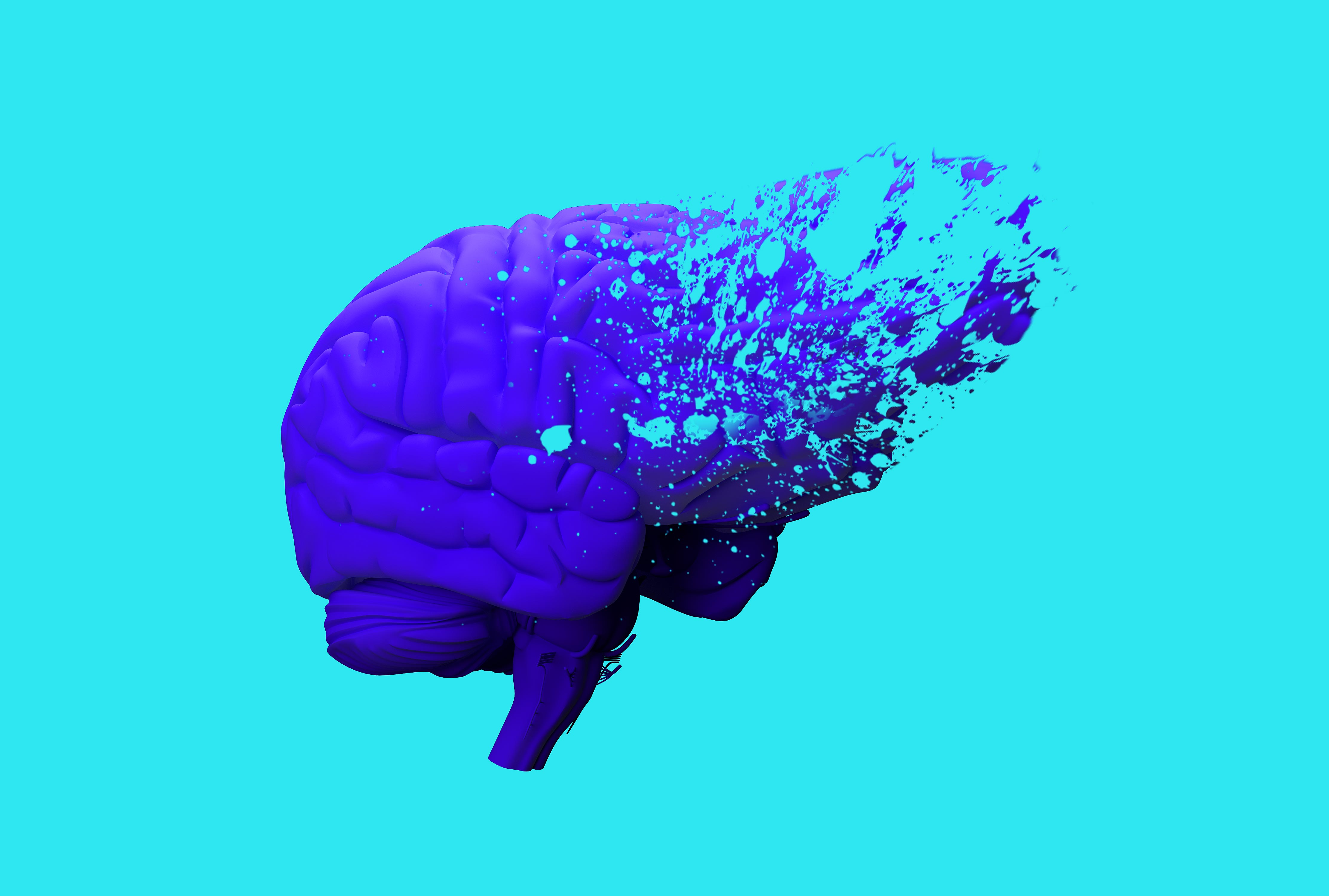5 Ways to Slow Memory Decline

Memory loss and aging unfortunately go hand in hand. Although minor lapses in memory can occur at any age, "senior moments" like losing your keys or blanking on why you came into the room seem to occur more frequently as we get older.
While mild forgetfulness is normal, there are tricks to combat it and keep your memory sharp no matter how old you are. First, let's address the difference between minor memory issues and potentially severe brain disorders.
When does forgetfulness become a serious memory problem?
Minor memory lapses like forgetting to pay a bill or misremembering a password can be annoying. But it's important to put moments like these in a separate box from what we all fear as we age: disorders like Alzheimer's disease or other forms of dementia.
According to the NIH's National Institute on Aging, the criteria for determining when memory problems might indicate something more grave include:
- Repeatedly asking the same questions
- Getting lost in places you know
- Being unable to follow directions
- Getting confused about people, places and time
If you or a loved one frequently have moments like these, see a doctor as soon as possible.
But if you're experiencing more run-of-the-mill, occasional moments of forgetting things, here are some ways to enhance your memory.
1. Keep educating yourself
According to a study published in Neuropsychology, a higher education level is strongly correlated with brain activity during memory tasks in older people. That's not to say you have to go back to college to keep your memory intact. Rather, experts believe it's learning the habit of learning that gives college-educated people a leg up in terms of memory. Help yourself to a better memory by challenging your brain to work harder: take up a new hobby, start a book group, write your memoirs, learn to play an instrument—or, hey, take a class.
2. Keep yourself moving
Regular exercise improves blood flow throughout your body, and that includes your brain. An NIH-funded study suggests that as little as 10 minutes of exercise can improve your memory. Even a short session of low-intensity stationary cycling resulted in heightened activity in the hippocampus, the region of the brain responsible for remembering events and facts. It also yielded more robust connections between the hippocampus and the cerebral cortex, an area involved in memory processing. Furthermore, this enhanced brain connectivity following exercise was correlated with memory improvement.
3. Forget some stuff
That is to say, organize yourself in such a way that you don't have to remember every little thing. You have limited "hard drive" space in your brain for remembering things like your grandson's birthday, your personal trainer's name and where you parked. Eliminate brain clutter by designating a place where you always keep your keys and wallet, making to-do lists and taking advantage of calendar apps and their built-in reminders, so you aren't constantly searching for things and struggling to remember appointments.
4. Limit distractions
In this weird, wired world, older people aren't the only ones who have trouble keeping up with everything. In an age of 24/7 global communication, we're increasingly expected to always be "on." Focus on what's in front of you and limit your attention to what you're currently trying to do. Remember that the notion of multitasking originated in computing, referring to the "concurrent execution of a number of different activities," as performed by a computer's CPU. You, however, aren't running an Intel chip. You literally can't pay your bills, respond to emails and scroll through Instagram at the same time. So stop trying.
5. Don't believe the hype
Believing in yourself and your memory may make a difference in how well you remember. A study published in Neurology in 2014 found that older people who perceived themselves as having memory decline showed significantly more cognitive impairment years later, so your perception of your own memory might be a factor in how well it works.
Don't listen to those who say older people are bound to be forgetful. It happens, but it doesn't have to define you. Instead, fight to keep and improve the memory you've already got, and you'll be able to enjoy your sunset years to the fullest.


















